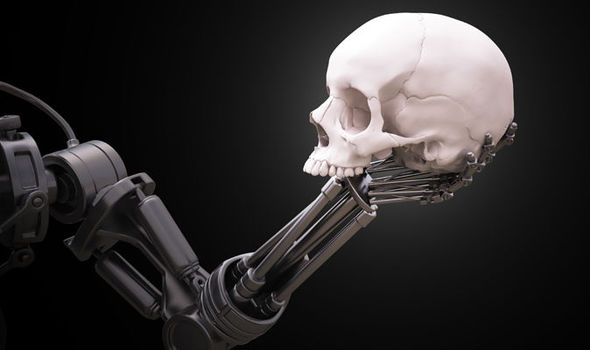What started off as a harmless chatbot capable of answering our questions back in November 2022 in the form of ChatGPT has quickly become a global concern. 2023’s hottest buzzword and technology AI has been making headlines every day for notorious reasons. It was just a few weeks back when the Whitehouse representatives met with major AI CEOs to discuss the data privacy concerns surrounding AI. Now, industry experts and technology leaders have signed an open letter which says that AI may lead to human extinction!
AI could lead to human extinction
“Mitigating the risk of extinction from AI should be a global priority alongside other societal-scale risks such as pandemics and nuclear war” read the statement recently released by tech leaders around the world. Sam Altman, CEO of OpenAI which made ChatGPT along with executives from Google’s AI arm DeepMind and Microsoft were among those who signed the short statement from the Center of AI Safety.
Sam Altman, who can be credited as the man who brought chatbot AI technology into the mainstream has been campaigning against the possible risks of the technology for the longest time now. He was the one who suggested that there should be multiple safety resources and regulations imposed upon AI in order to stop the technology from taking over the world.
The technology has managed to gain massive pace in recent months with the outlandish success of ChatGPT which managed to cross 100 million users in just two months since its launch. The statement released recently revealed that there have been increasing discussions about a broad spectrum of important and urgent risks from AI. Sam Altman admitted back in March that he is scared of AI as he worries authoritarian governments could develop the technology to cause harm to humanity. The concept of an AI becoming a threat to humanity was only previously seen in films like The Avengers or Terminator but we’re living in times where it could become a reality! Will a real-life Skynet ever come into existence? It is too soon to answer that just yet!
